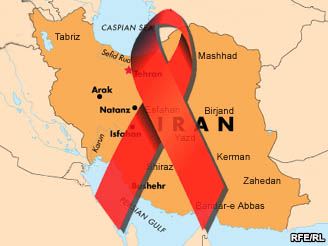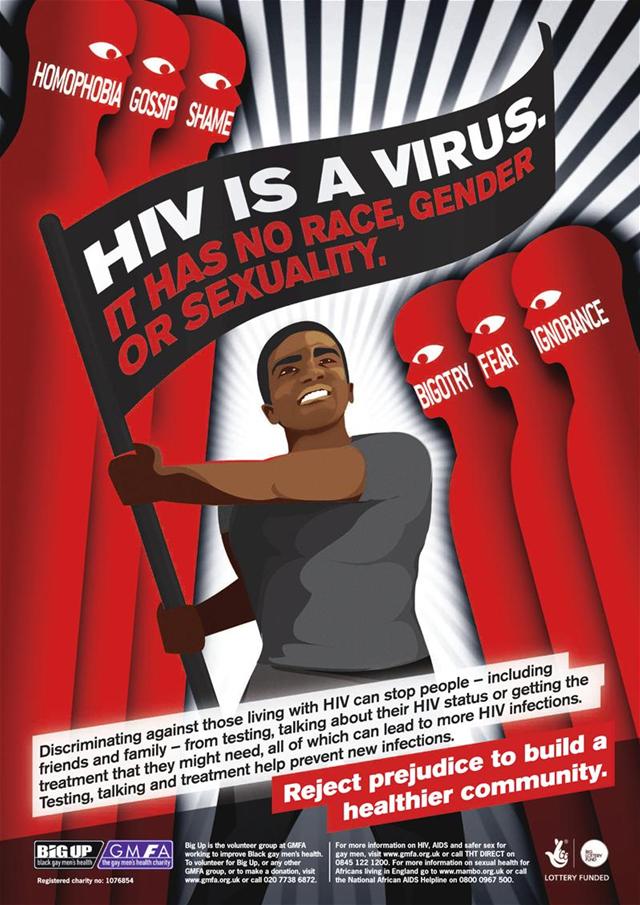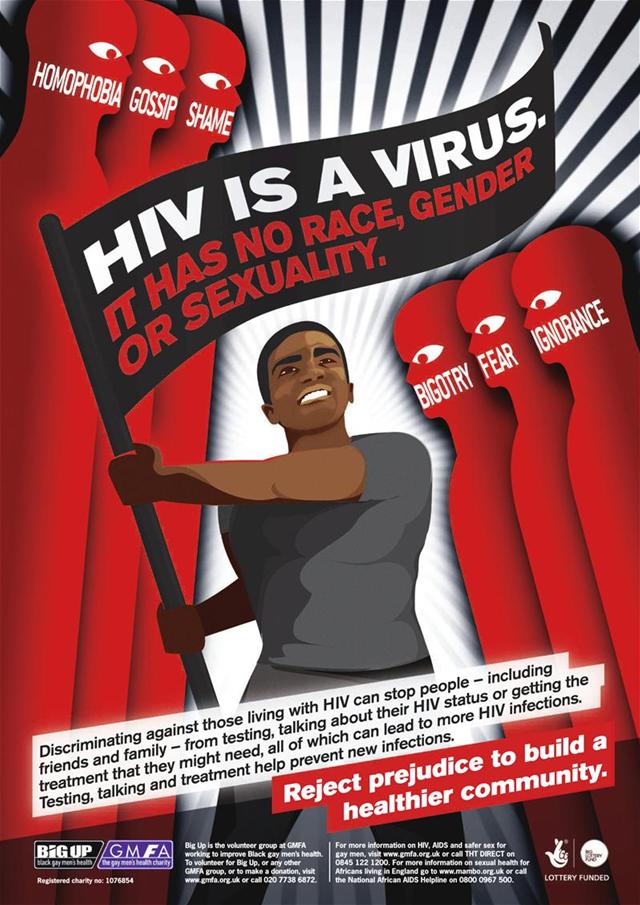Jochen Drewes, wissenschaftlicher Mitarbeiter an der FU Berlin, über das Stigma, das HIV-Positive immer noch erleben
Drewes: HIV ist eine gesellschaftlich stark stigmatisierte Erkrankung. Gründe dafür sind der Schweregrad der Erkrankung, die Übertragbarkeit und moralische Aspekte, die die Übertragungsweisen und die Hauptbetroffenengruppen betreffen. Dies hat sich bisher weder durch die medizinischen Fortschritte bei der Behandlung noch durch die Präventions- und Aufklärungskampagnen wesentlich geändert.
Medizinisch erleben wir eine Normalisierung von HIV und Aids. Doch was rechtliche wie auch sozialen Fragen von Moral, Schuld und Stigma angeht, sieht es offenbar anders aus. Wie schätzt du das ein?
Fortschritte bei der Behandlung der HIV-Infektion sollten tatsächlich zu einer Reduzierung der Stigmatisierung führen. Wenn HIV-Infizierte, die regelmäßig ihre Medikamente nehmen, kaum noch infektiös sind und wenn HIV mittlerweile eine chronische Erkrankung ist, statt eines sicheren Todesurteils, dann sollte eigentlich auch die Angst vor HIV-Infizierten sinken. Leider hinkt die Rechtsprechung hier dem aktuellen Wissensstand hinterher, wenn sie Transmission von HIV und damit potenziell alle HIV-Infizierten kriminalisiert.
Was verstehst du unter einem Stigma? Ein Stigma ist ein Charakteristikum einer Person, das zu ihrer Abwertung und Ablehnung führt. Diese Stigmatisierung kann eine Erkrankung wie HIV sein, aber auch ganz unterschiedliche Merkmale betreffen, wie eine körperliche Entstellung, Geschlecht, Homosexualität, etc. Gerade die Ansteckungsgefahr, also der Bedrohungsaspekt, führt dazu, dass HIV-Positive besonders stigmatisiert werden.
Weiterlesen →
 Meanwhile, more than 42 years have passed since AIDS was recognized as a disease (1 December 1981) and, unfortunately, still many people become infected with HIV in the Iranian society.
Meanwhile, more than 42 years have passed since AIDS was recognized as a disease (1 December 1981) and, unfortunately, still many people become infected with HIV in the Iranian society.








